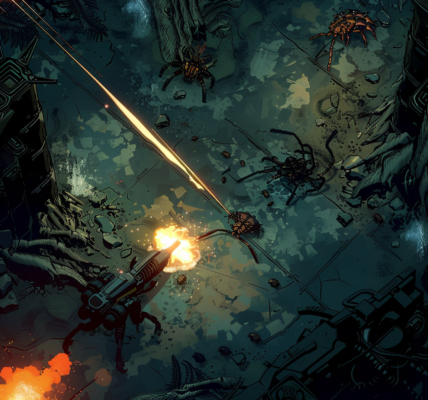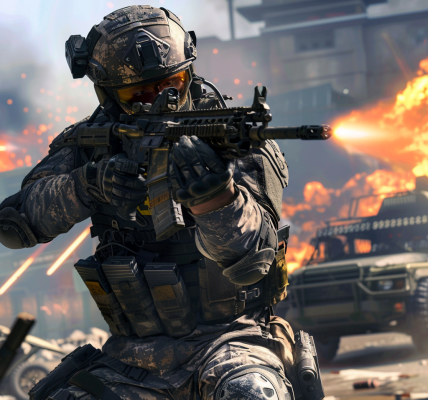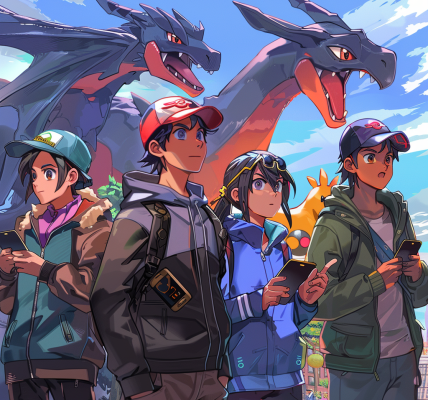In a significant legal battle that has captured the attention of the gaming community, Pocketpair, the developer of the upcoming game Palworld, is facing a patent lawsuit from industry giants Nintendo and The Pokémon Company. This lawsuit has raised questions about the future of Palworld, a game that blends elements of survival and creature collection, reminiscent of the Pokémon franchise.
As the lawsuit unfolds, Pocketpair has disclosed that both Nintendo and The Pokémon Company are seeking damages amounting to 5 million yen (approximately $32,846) each. In addition to this monetary claim, they are also demanding late payment damages, which could further escalate the financial implications for Pocketpair. The lawsuit does not stop at financial reparations; it also seeks an injunction that would prevent the release of Palworld, creating uncertainty about the game’s future availability.
The lawsuit’s core revolves around alleged infringements on intellectual property rights, a common issue in the gaming industry where ideas and concepts can often overlap. Pocketpair has yet to provide detailed commentary on the specifics of the claims made against them, but the implications of such a lawsuit could be far-reaching, not just for Palworld but for the broader indie game development landscape.
Palworld has generated considerable buzz since its announcement, with its unique blend of gameplay mechanics that allow players to capture and train creatures while also engaging in survival elements such as farming and crafting. The game’s art style and concept have drawn comparisons to Pokémon, which may be at the heart of the legal dispute.
In light of this lawsuit, the gaming community is watching closely, as the outcome could set a precedent for how similar cases are handled in the future. The intersection of creativity and legal boundaries is a delicate balance, and many developers are concerned about how this case may influence their work.
As of now, Pocketpair is preparing to defend itself against these claims, and the gaming world eagerly anticipates further developments in this high-profile case. The lawsuit not only poses a challenge for Pocketpair but also raises larger questions about innovation and protection within the gaming industry.
With the stakes high, both for Pocketpair and the future of Palworld, it remains to be seen how this legal battle will unfold. The outcome could have significant implications for indie game developers and their ability to navigate the complex landscape of intellectual property rights in the gaming sector.





